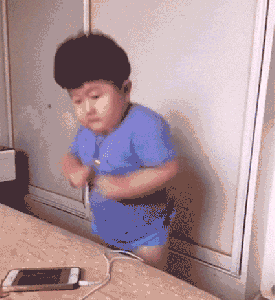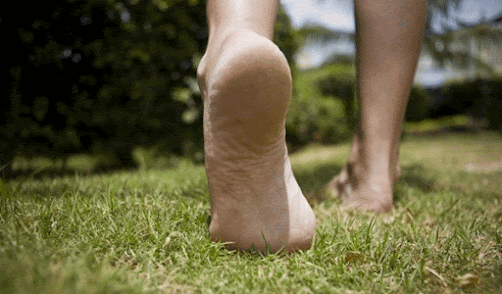STORY #3: "Greenshaws's Folly"
(Written by Agatha Christie)
1. SHRUBBERY
[Pronunciation]
Meaning: It is an area in a garden planted with shrubs.
Original sentence: "The two men rounded the corner of the shrubbery".
Which part of the speech is: A noun.
Examples:
- The gardener clipped the shrubbery of my house.
- The walk takes you from the shrubbery area into the deeper woods.
- Ana bounded through the shrubbery, she ran from the dogs.
- I have some shrubbery and flowers in my yard.
2. UNBUCKLED
[Pronunciation]
Meaning: Unfasten the buckle of something, especially belt or garment.
Original sentence: "He unbuckled the strap of his camera and gor busy".
Which part of the speech is: A verb.
Base of the verb: Unbuckle.
Meaning: A female domestic employee, especially one who cleans reception rooms and bedrooms.
Original sentence: "Just like a housemaid-when there were housemaids".
Which part of the speech is: A noun.
Meaning: It is a way that shows that are you very pleased.
Original sentence: "In one corner of it was a large artificial rockery, and bending over it was a figure at sight of which Horace clutched Raymond delightedly".
Which part of the speech is: An adverb.
Meaning: In a way that is so foolish, unreasonable or out of place as to be amusing.
Original sentence: "Approaching them from the house was a figure that, seen side by side with Miss Greenshaw, seemed ludicrously dissimilar".
Which part of the speech is: An adverb.
Examples:
- The new son by Anuel and his girlfriend Yailin is ludicrously obscene and vulgar.
- The police officer´s reaction has been ludicrously excessive wiht a young man.
- He cried ludicrously in the classroom because he lost a eraser.
- A girl dressed ludicrously to go to mass.
6.STARTLING
[Pronunciation]
Meaning: That produces alarm (concern, restlessness or
fear).
Original sentence: ¨She was a sufficiently startling
figure.¨
Which part of the speech is: An adverb.
Base of the verb: Startl.
Examples:
- The news was too startling.
- My neighbor's car makes an startling noise when starting.
- Environmental pollution is startling.
- My mom was startling.
7.ARROW
Meaning: Projectile fired from a bow consisting of a thin, light rod ending in a sharp point.
Original sentence: ´´In due course she screamed
and came staggering to the house clutching an arrow as though it had penetrated
her throat´´.
Which part of the speech is: A noun.
Examples:
- She arrow me with her gaze.
- He shot an arrow and it hit the target.
- The arrow was shot by her, causing the death of her husband.
- The tip of the arrow was very sharp.
8.OUTRAGEOUS
Meaning: That outrages or produces indignation, anger or rejection as unfair or offensive against dignity or self-esteem.
Original sentence: ¨She and Raymond both
looked up at the outrageous pile of Greenshaw’s Folly¨.
Which part of the speech is: A verb.
Base of the verb: Outrage.
Examples:
- His expression was very outrageous.
- What an outrageous situation in the country.
- How can I help you? This whole problem is too outrageous.
- She was in a very outrageous situation.
9.AMUSING
[Pronunciation]
Meaning: That amuses or makes the time pass in a cheerful and entertaining way.
Original sentence: “I do think, don’t you,
that it’s rather amusing to have a collection of monstrosities? The idea came
to me one night seven years ago in my bath. My last real gem was in the Campo
Santo at Genoa, but I really think this beats it. What’s it called?”.
Which part of the speech is: A noun.
Base of the verb: Amuses.
Examples:
- He has amusing watching his favorite movie.
- I think it's amusing to play with my little brother.
- Putting puzzles together is amusing.
- He is amusing, he makes me laugh a lot with his jokes.
10.BAREFOOT
Meaning: Who does not wear shoes on his feet or wears them completely bare.
Original sentence: ´´Barefoot boy who had risen
to immense prosperity.´´
Which part of the speech is: A noun.
Examples:
- She doesn't like to wear shoes so she goes barefoot.
- I don't want to be barefoot, I'll put on my sandals.
- My brother always walks barefoot in the house.
- I like to walk barefoot on the beach.











Comentarios
Publicar un comentario